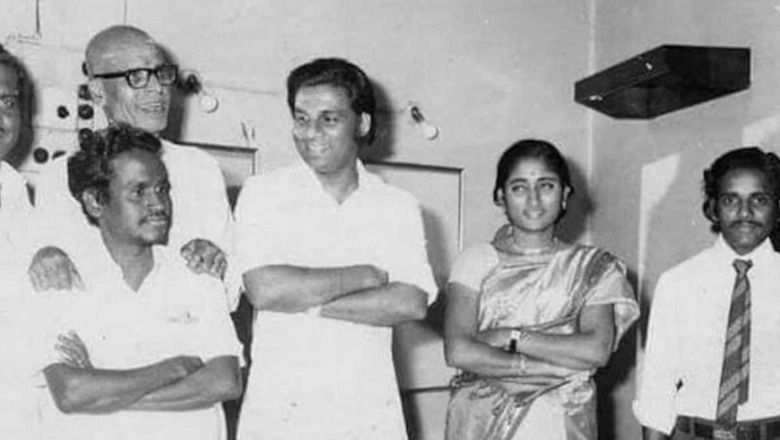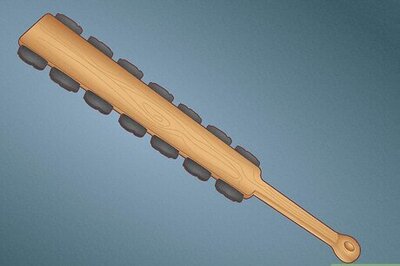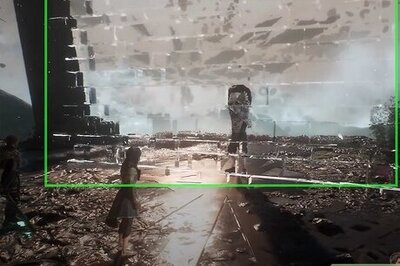
views
Everyone is aware of AR Rahman, who is a pioneer of not only Indian music and musical style, but of the whole world. However, not many people might be aware that his father, RK Shekhar, was also a highly skilled musical pioneer.
Being part of the British Empire, the country’s states and cities had different names and appearances. Additionally, music was not considered a viable career, as AR himself has stated, at least not a respected and well-paying one.
Rajagopal, Shekhar’s father, was a school dropout who later became an electrician and worked part-time as a bhagavathar—a musician who composes and performs Hindu sacred songs. Shekhar inherited the musical talent and learned to play the harmonium from his paternal uncle, eventually becoming an expert.
Shekhar continued to perform at Carnatic concerts in Chennai (formerly Madras), the hub of Carnatic music, in the Mylapore halls. Eventually, he caught the attention of the renowned R.S. Manohar theatre group.
In 1959, Shekhar’s performance impressed the acclaimed Malayalam film composer V Dakshinamoorthy, who decided to hire him as his assistant. During that era, the harmonium served as the foundation of Indian film music, with almost every movie’s music composed on this instrument.
Starting his career by playing the harmonium in theatrical plays, Shekhar ventured into Malayalam cinema. He worked as an assistant to various individuals before composing the score for the 1964 film Palasiraja, which received favorable reviews. The inclusion of the song “Sodalaivara” made it a massive hit and is now considered a traditional Malayalam song.
Unlike his son, Shekhar was eager to establish himself in the film industry and eagerly seized the opportunity when it arose. He went on to achieve success as a conductor, arranger, and composer in his own right, working on a majority of Malayalam films. He was revered as one of the industry’s greatest talents.



















Comments
0 comment